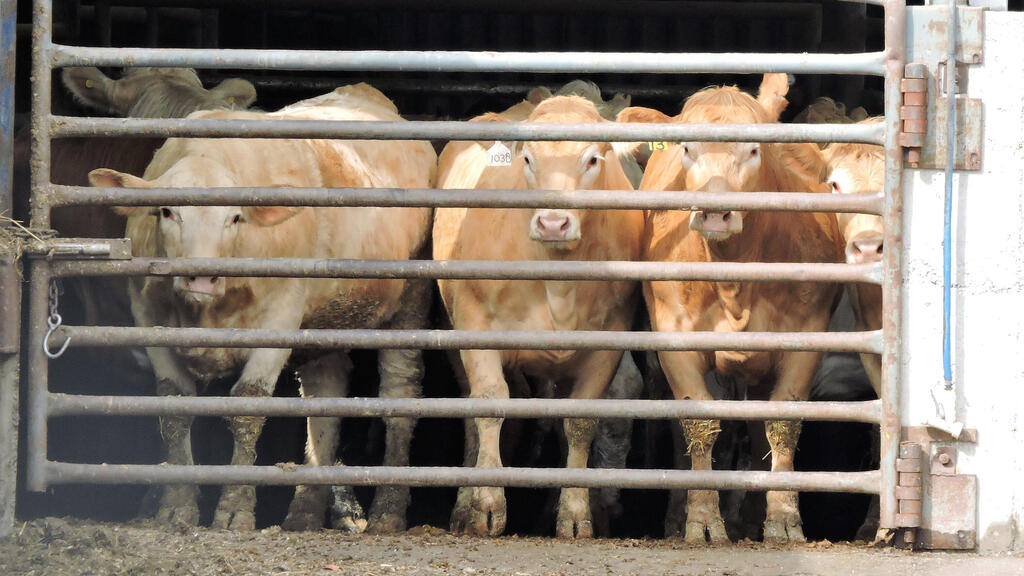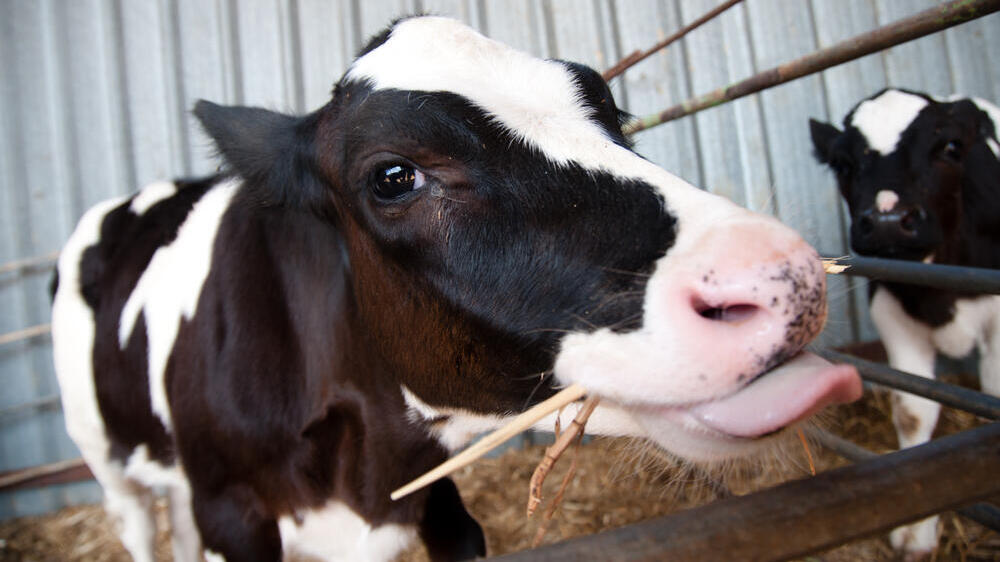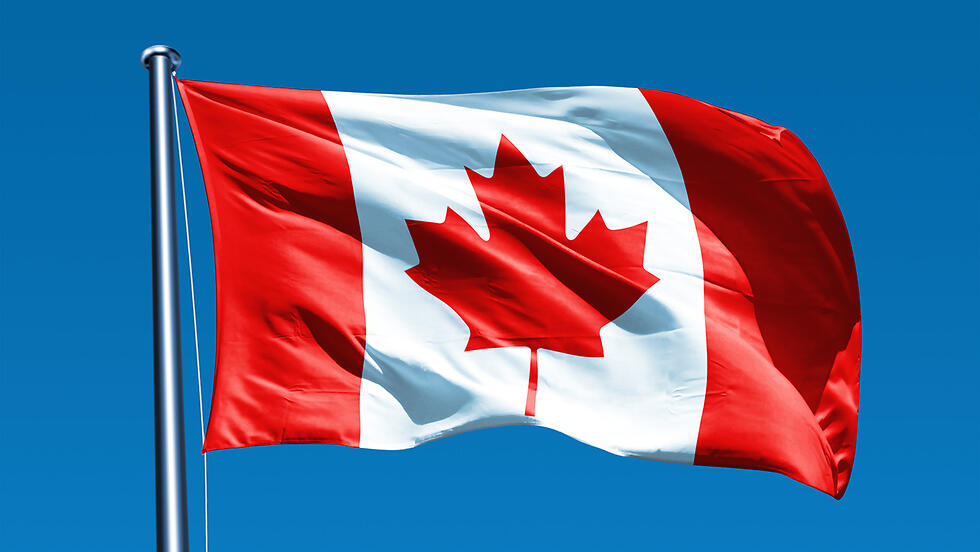Getting your Trinity Audio player ready...
An Ottawa federal court judge last week issued an injunction against new Canadian slaughter regulations, suggesting they were "unreasonable." This marks a surprising, albeit temporary, victory for kosher certifiers and Jewish organizations in Canada, who sued the state last March arguing the new guidelines infringe on their right to religious freedom and practice.
According to them, the new regulations will lead to the end of the kosher slaughter industry in the country by making the process economically unviable.
According to the lawsuit filed in federal court in Ottawa, the number of kosher meat processing plants in Canada has decreased due to the new regulations, leading to a nearly 50% drop in local kosher meat production weekly.
The new regulations issued by the Canadian Food Inspection Agency (CFIA) require that animals not treated with electric shocks undergo cognitive tests to ensure they are unconscious before slaughter. The largest kosher certifiers in Canada sued the state, claiming the new enforcement encourages the use of electric shocks initially, which is forbidden by the halacha (Jewish religious law) and dramatically alters the industry.
"As anyone can imagine, in a commercial environment, slaughterers need to move from one animal to another relatively quickly. All the tests they now require, such as corneal reflex tests and others, slow the process down," said Richard Rabkin, CEO of the Kashruth Council of Canada, upon filing the lawsuit.
The plaintiffs argued the current method isn’t painful and is as humane as the non-kosher technique – if not more so because the animal "loses consciousness almost immediately."
The lawsuit comes against the backdrop of years of challenges to the kosher slaughter industry in Europe. Last February, the European Union Court approved the extension of the ban on kosher slaughter in certain regions of Belgium. Similar bans on kosher slaughter also exist in Denmark, Sweden, Finland, Estonia, and Slovenia.
The Canadian judge in Ottawa, Guy Regimbald, wrote in his decision that " There are serious issues as to whether the CFIA’s Guidelines are unreasonable and whether they encroach on the Applicants’ rights to freedom of religion."
He also wrote there was reason to believe the guidelines might harm religious protections as provided in the Canadian Charter: "The evidence, as presented, demonstrates a potential for irreparable harm that cannot be adequately compensated with damages."
The judge also referred to the decline in local kosher meat production, saying, " The evidence demonstrates that veal is almost impossible to obtain, and that beef, while remaining available, is at a substantial cost. The result is that many Jews will not be able to access kosher beef and veal, either because it is simply not available, or the cost is prohibitive.
“During that time, they cannot eat a type of meat that has a special role in the Jewish tradition, especially on Jewish holidays. That situation is not quantifiable and not adequately compensable in damages, and constitutes irreparable harm." The injunction took immediate effect and will remain in place until the lawsuit is resolved.
Rabbis, community leaders, and Jewish lawyers who spoke at the hearing requested the judge maintain the status quo until a final decision is made to prevent "irreparable harm" to the Jewish community and religious freedom.
They argued that the CFIA said it "remains open to new scientific findings that can support animal welfare," but has not itself provided evidence for the new guidelines and ignored evidence submitted back in June claiming kosher slaughter was indeed humane and met the institute’s guidelines.
Scientists, neurologists, doctors, and slaughterers – both Jewish and non-Jewish – testified via affidavits submitted two weeks before the hearing that kosher slaughter alone is sufficient to cause insensitivity in the animal, and that it can’t feel pain almost immediately.
Kosher slaughter laws require that animals be healthy and alert before slaughter. According to the lawsuit, the sudden and rapid loss of blood pressure quickly and painlessly renders the animal unconscious, so it doesn’t suffer.
Jewish communities in various countries are closely following developments in Canada, fearing the new regulations could set a precedent for similar restrictive measures elsewhere. Judge Regimbald's decision provides them with some hope.
"This is only the beginning," said Rabbi Saul Emanuel one of the plaintiffs. "We must continue to fight for our religious rights and ensure the government and regulators understand the importance of kosher slaughter to the Jewish community."






